SEC Professor of the Year’s Roots Spark Change
Dr. Jenna Jambeck, a leading figure in plastic pollution research, earns recognition for her impactful work and commitment to environmental conservation.
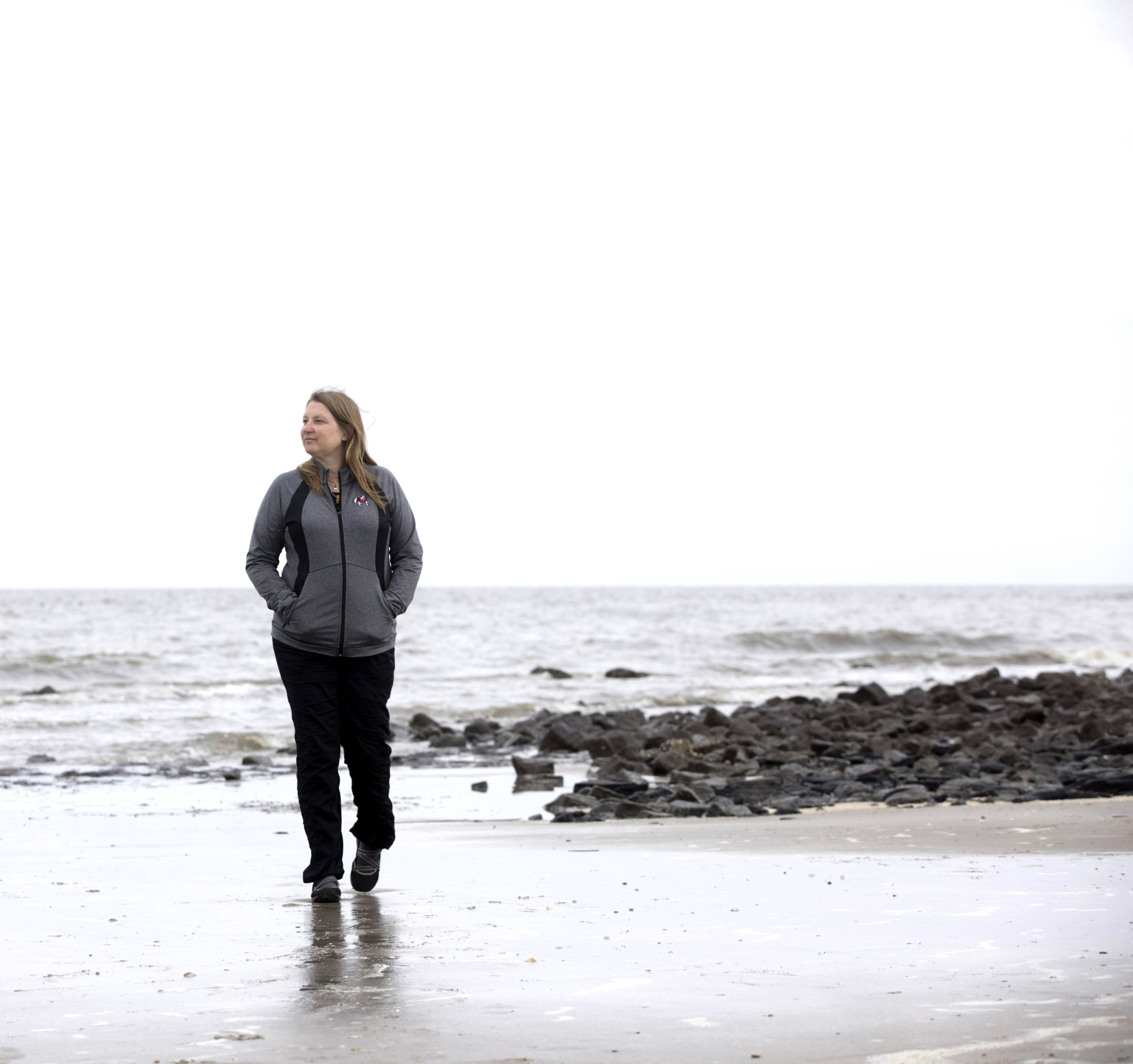
Dr. Jenna Jambeck is grounded in her work.
She’s become internationally recognized for her work in plastic waste and marine debris. She’s earned numerous awards, presented research to government entities and crossed oceans to pursue her passions.
As Regents’ Professor and Georgia Athletic Association Distinguished Professor of Environmental Engineering at the University of Georgia, Jambeck has played a pivotal role in shaping a field that was virtually nonexistent two decades ago.
“There was a time working on this issue when no one cared. That is what keeps me motivated and gives me hope because I have seen so much change and an entire scientific discipline born in this process.”

“There was a time working on this issue when no one cared,” Jambeck said. “That is what keeps me motivated and gives me hope because I have seen so much change and an entire scientific discipline born in this process.”
Her contributions have earned her the 2024 Southeastern Conference Professor of the Year award.
“Dr. Jambeck’s work is globally significant and represents the excellence in research and teaching that has become synonymous with the SEC Professor of the Year designation,” SEC Commissioner Greg Sankey said. “Her work has the potential to have a positive effect for generations to come. Our Conference is fortunate to have faculty like Dr. Jambeck.”
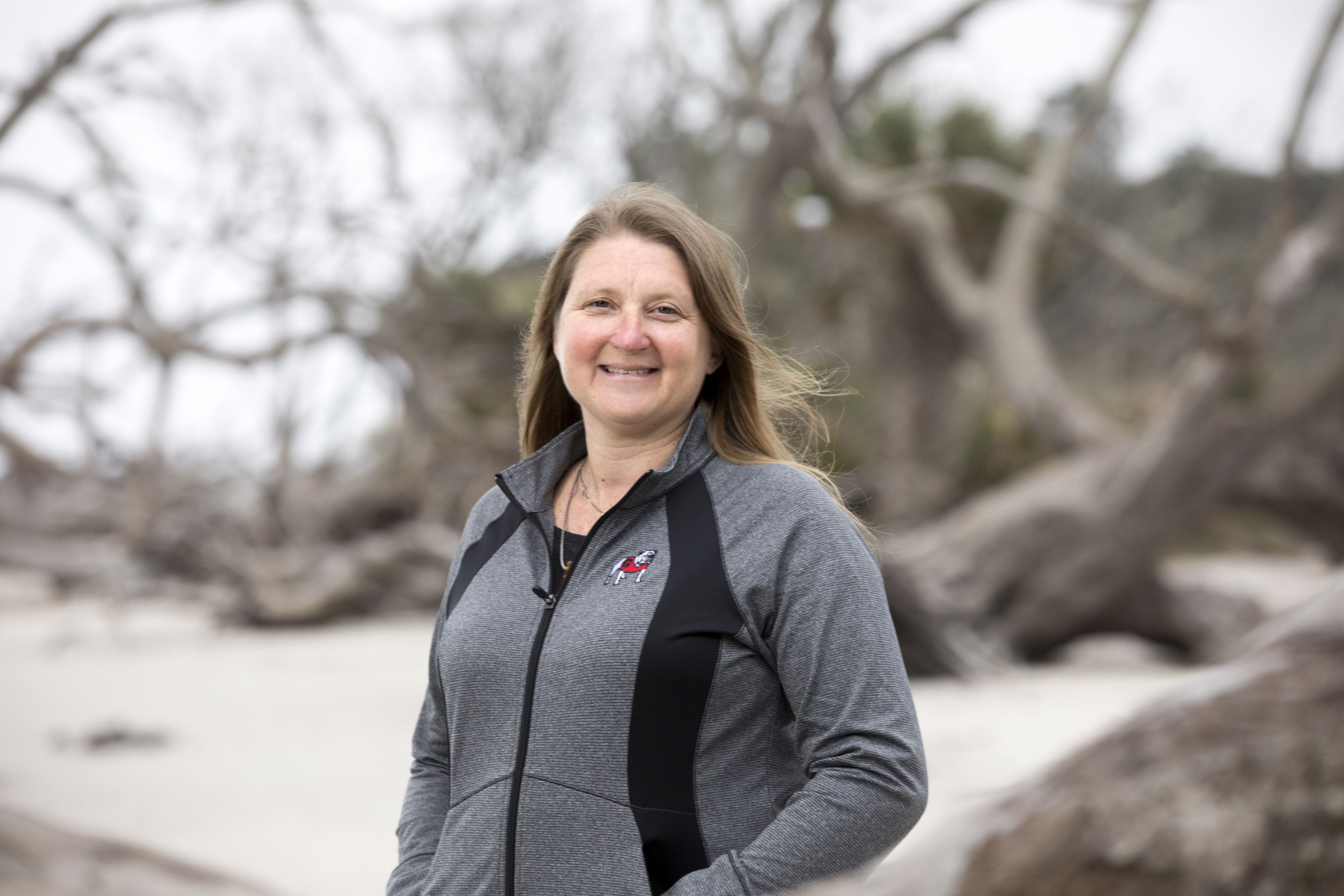
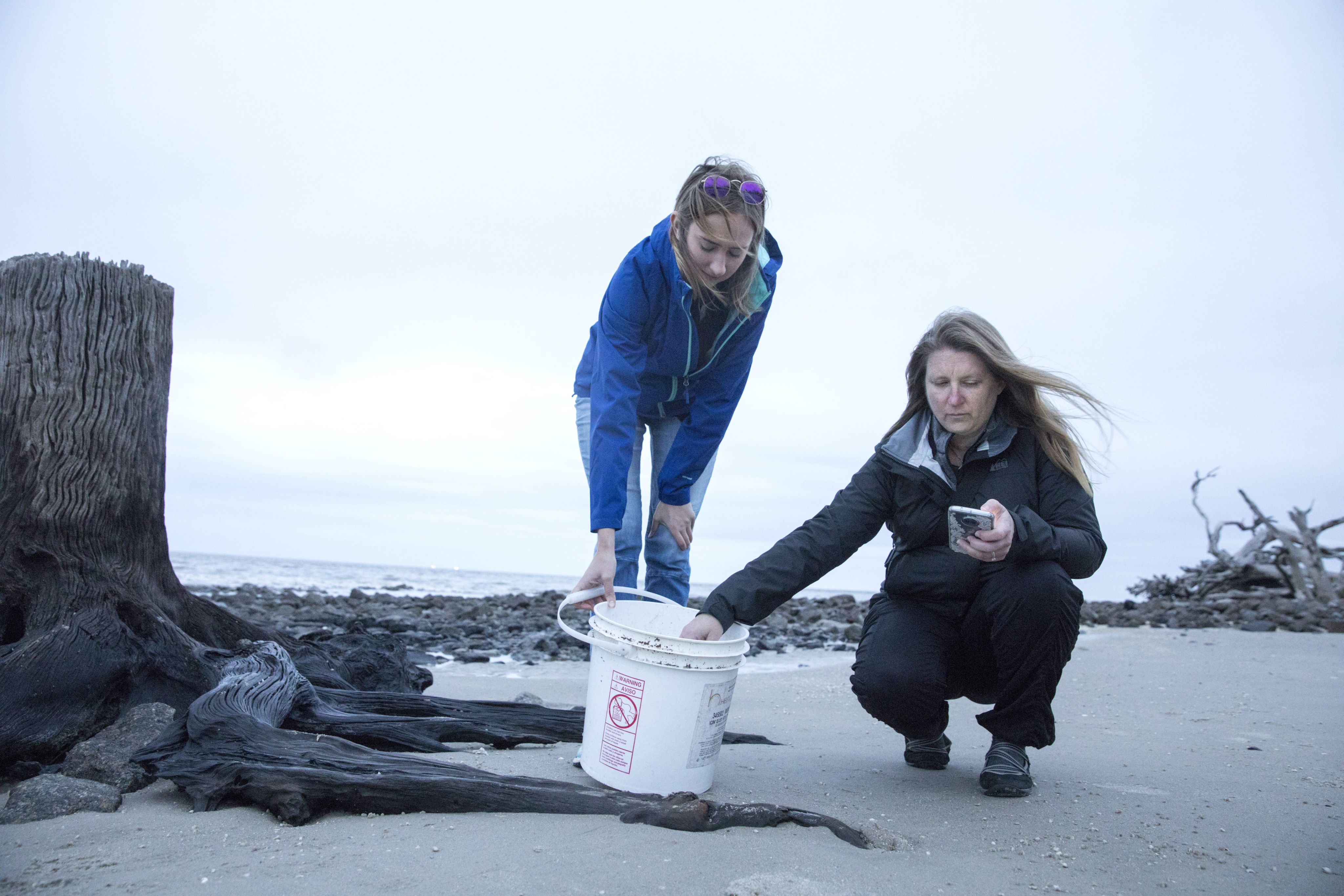
Family Tree Brings Roots to Life
Growing up between Minnesota and Florida, Jambeck cultivated a deep connection with the environment.
“In Minnesota it was the river as my backyard, and then in Florida sort of the ocean was my backyard, so it was pretty amazing,” Jambeck said. “Nothing really fancy in either scenario, but the water was the fancy part for me.”
While being by the water brings up serene images, Jambeck also found a treasure in other people’s trash. Visits to the local landfill left Jambeck wanting to know what people brought there and why.
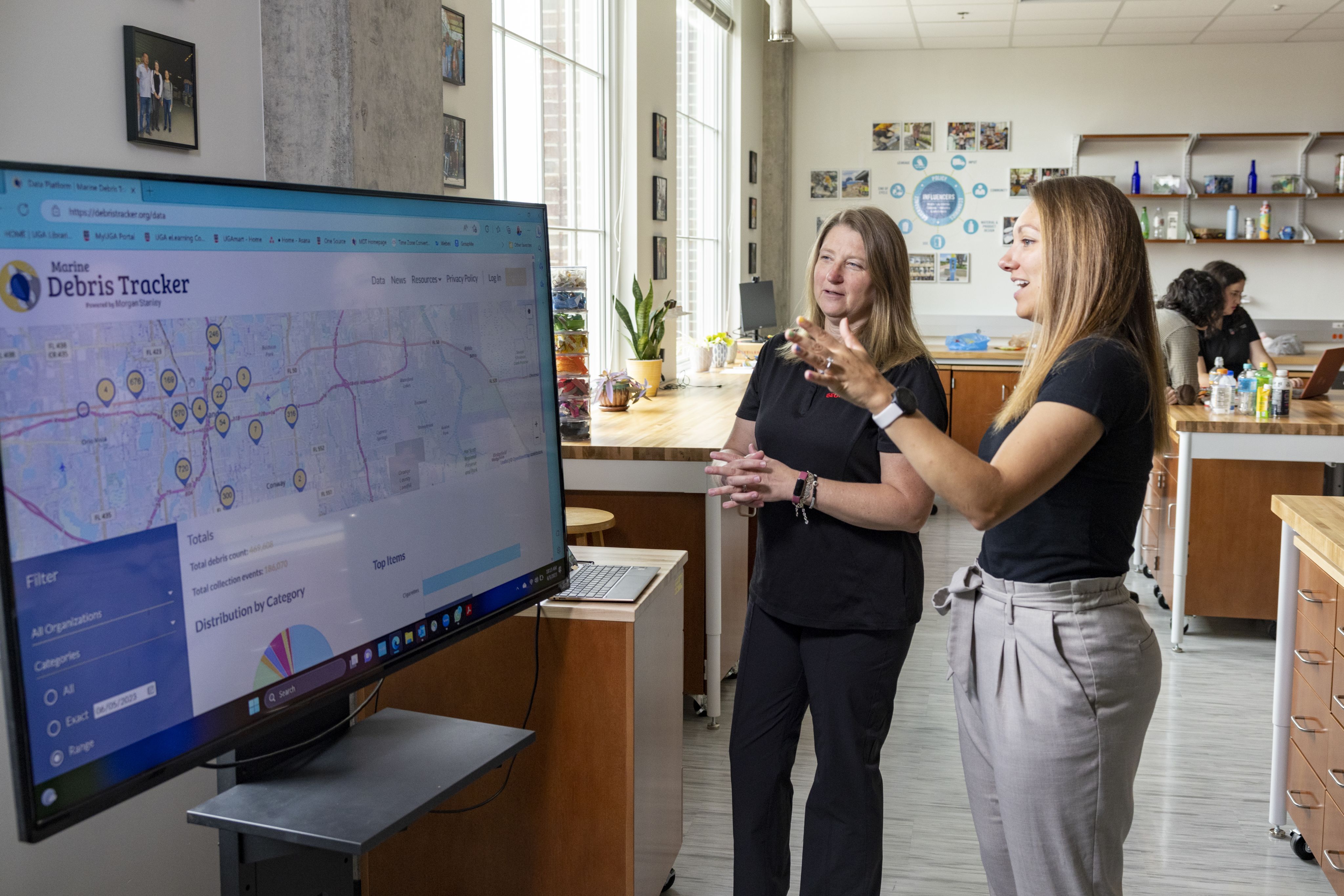
Water and solid waste found its connection for Jambeck while at the University of Florida. Studying environmental science was not an option, so she ventured into engineering. It was a decision that raised her mother’s eyebrows as she saw the profession as hurting the environment with construction. Jambeck saw it as a gateway to not only understand but also mitigate environmental challenges, including the alarming influx of trash into the ocean.
"It just hit me that this is bad, and I want to stop this,” Jambeck said. “It’s the exact intersection of the waste that I find so fascinating and the water that I love and want to protect. It just lit a fire in me.”
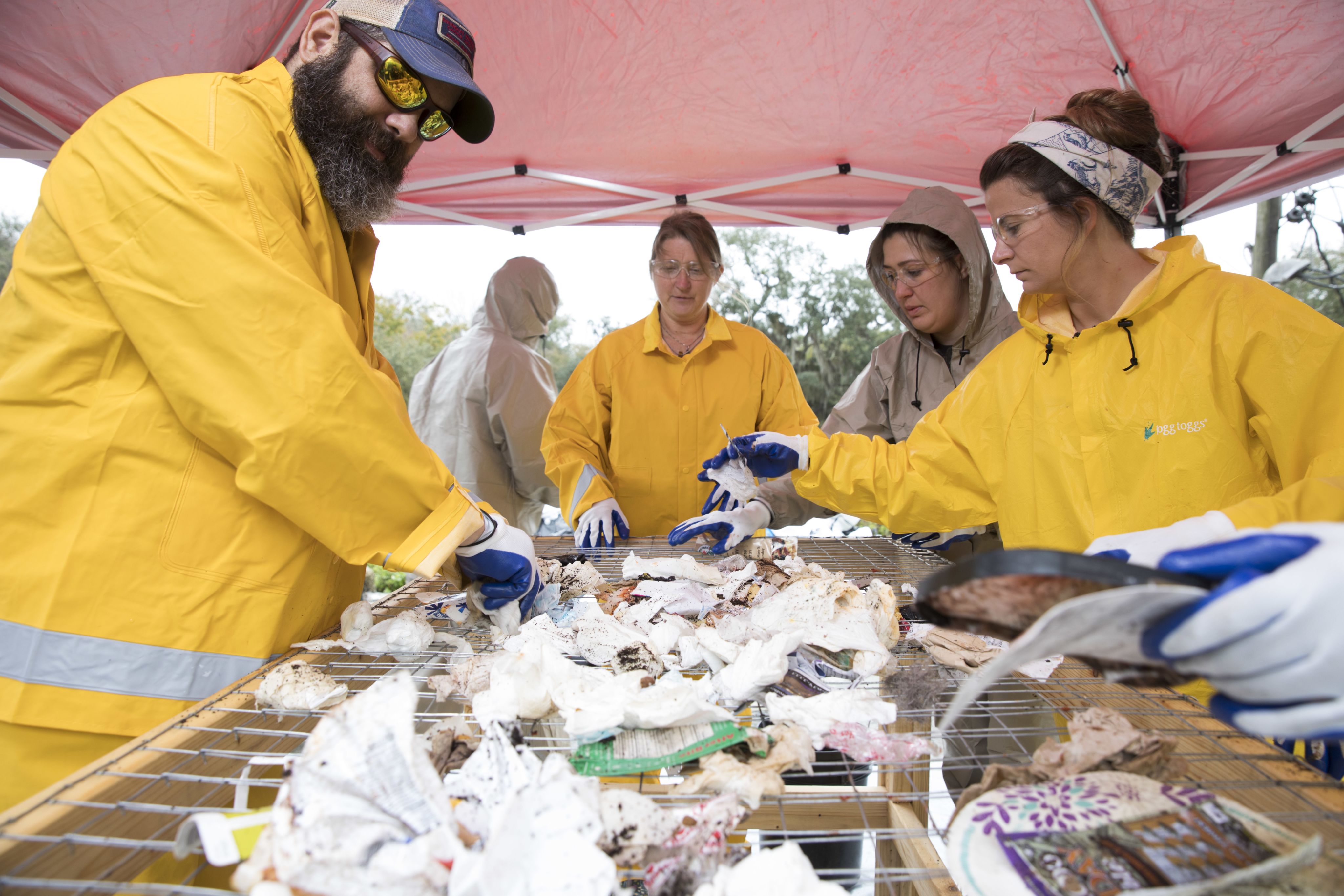
Getting to the Root of the Problem
Undeterred by initial skepticism, Jambeck wanted to raise awareness about marine debris. Her research, culminating in the publication of a seminal paper that noted an estimated eight million metric tons of plastic entering the ocean annually, propelled her into the spotlight.
“That analysis and that paper in Science changed my life completely,” Jambeck said. “We knew it would get some attention because it hadn't ever been done before, but I don't think we could anticipate quite the attention that it got.”
From there the research continued, earning recognition as the International Statistic of the Year by the Royal Statistical Society for the discovery that 90% of plastic has never been recycled.
Jambeck has shared her expertise with world leaders and international organizations. Although she works with teams to gather most of her work, Jambeck is also empowering citizens and other researchers through digital resources.
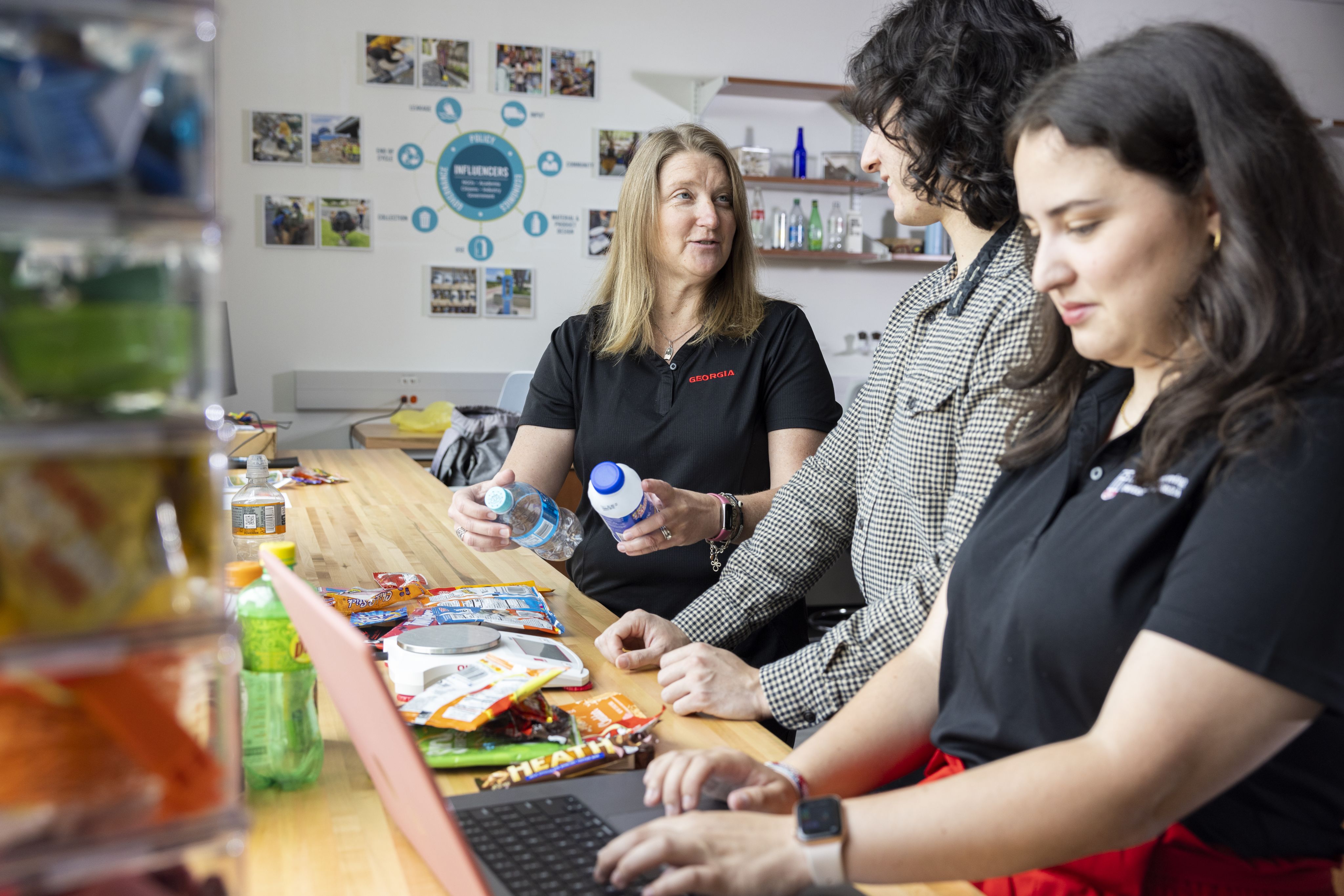
She co-developed the Marine Debris Tracker mobile app with a colleague in UGA’s College of Engineering. The app enables community members to inform research efforts by logging the types and quantities of plastic debris in their communities. With more reactive and immediate feedback, she’s helping to address issues sooner.
“That’s the main goal – turn off the tap, not mop up the floor,” Jambeck said. “How can we prevent this from happening in the first place?
“With faster, more efficient data collection and modeling being a big part of my work, we can utilize the data for our needs, but also make it completely available to others. That can be powerful as they can do what they need for their community. I don’t think science has fully embraced open data, but I think it’s another way we can use technology to move forward.”
Jambeck is also bringing in others to the scientific community. She helped establish the environmental engineering program at Georgia, nurturing students eager to tackle pressing environmental issues. Through her podcast, Aquathread, Jambeck amplifies diverse voices in STEM and conservation. Her collaborative efforts with organizations like National Geographic and being part of eXXpedition’s all women-crewed sailing voyage exemplify her commitment.
Her innovative approach to blending research with community-based science projects, such as the Mississippi River City and Towns Initiative, underscores her dedication to empowering others to effect change. She even brought her family into it. The family traveled up the river by camper – which her kids dubbed “the cramper” by the end – making stops to do press tours and collect data with the Marine Debris Tracker app.
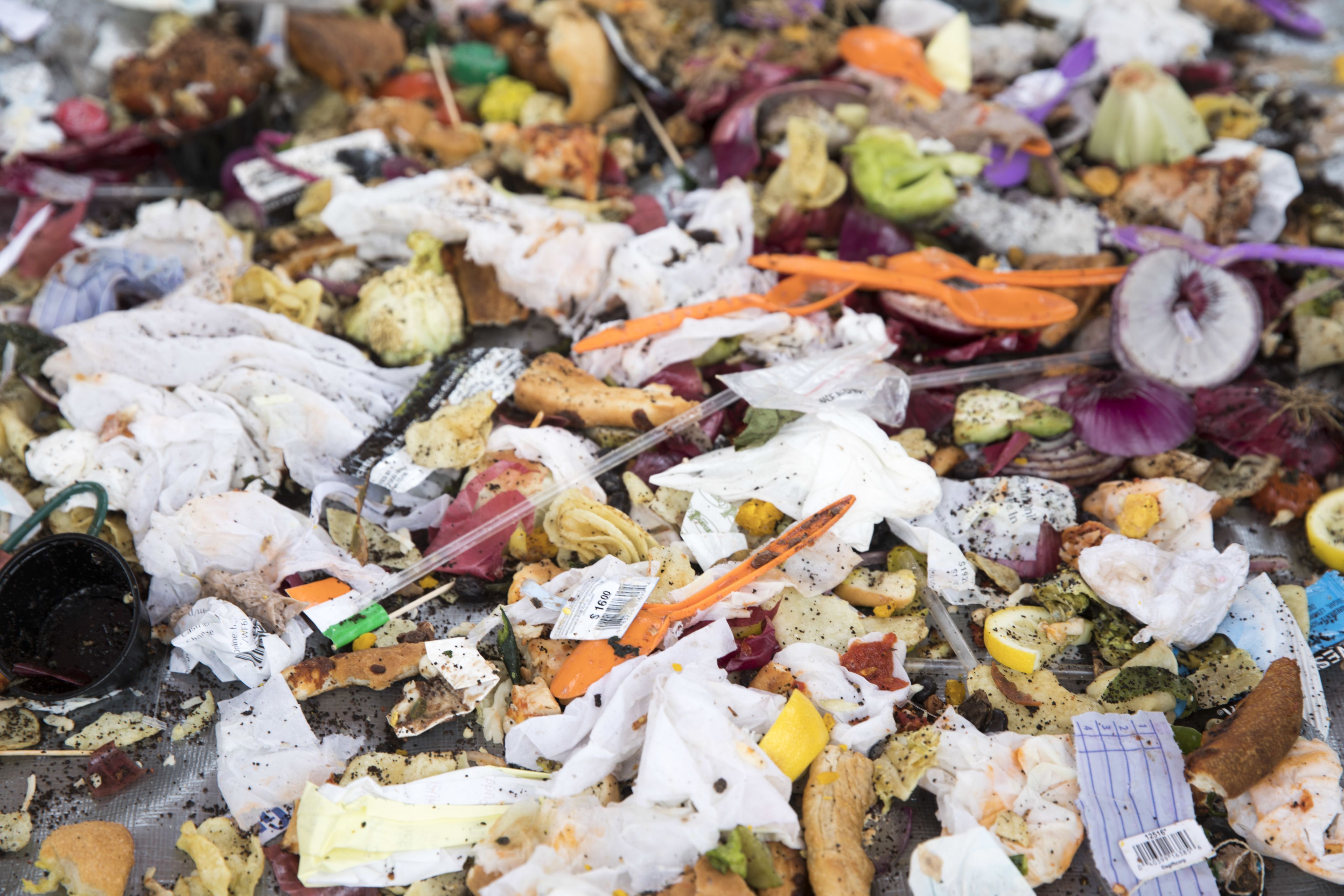
“…my roots are all SEC.”
It’s easy to see Jambeck's commitment to global change, conservation education and community engagement. The John D. and Catherine T. MacArthur Foundation is one of the numerous organizations to take notice.
In 2022, Jambeck was awarded a MacArthur Fellowship, or “Genius Grant,” one of the most prestigious awards in the United States. Fellows are nominated by a select pool of experts and leaders for their extraordinary originality and dedication in their creative pursuits for the benefit of society.
“It was quite overwhelming to get that call because you don’t know that you are nominated,” Jambeck said. “You are going ‘Why me?’ or ‘Why did I deserve this?’ as there's lots of people doing incredible work. I found that what helped me process it is to think about how to share with others.”
For Jambeck, the recognition is not just a personal achievement but a testament to the collective efforts of her team and the support from the University of Georgia.
Even on a football gameday she’s teaching people about plastic pollution. The university recognized Jambeck on the field for her MacArthur Fellowship, as she stood by President Jere W. Morehead while a video about her work played on the scoreboard.
“Georgia didn't have to do that, but they did,” Jambeck said. “Everyone in Sanford Stadium was hearing about our work. I really feel that there is an authentic support of academics here. They really walk the walk and talk the talk because they realize the power of what athletics can do.”
Amidst the whirlwind of recognitions and the changing narrative of global conservation from when she started, Jambeck remains grounded in the SEC.
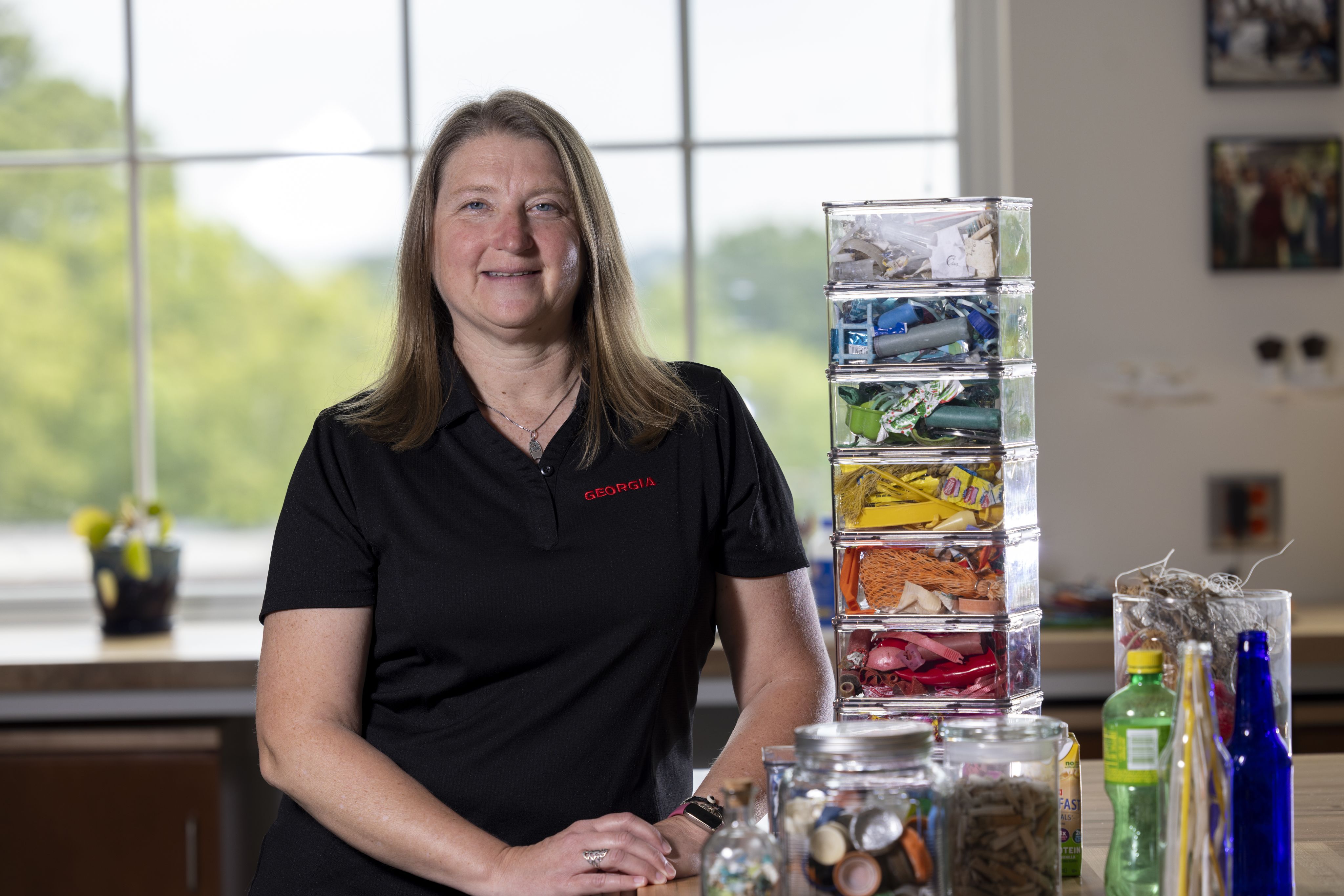
"It’s such an honor because I love the fact that my roots are all SEC," Jambeck said as she reflected on being named the SEC Professor of the Year. "Being a product of the SEC and then earning this honor, it’s an extra level of meaning for me to be recognized by my peers at such tremendous academic institutions.”
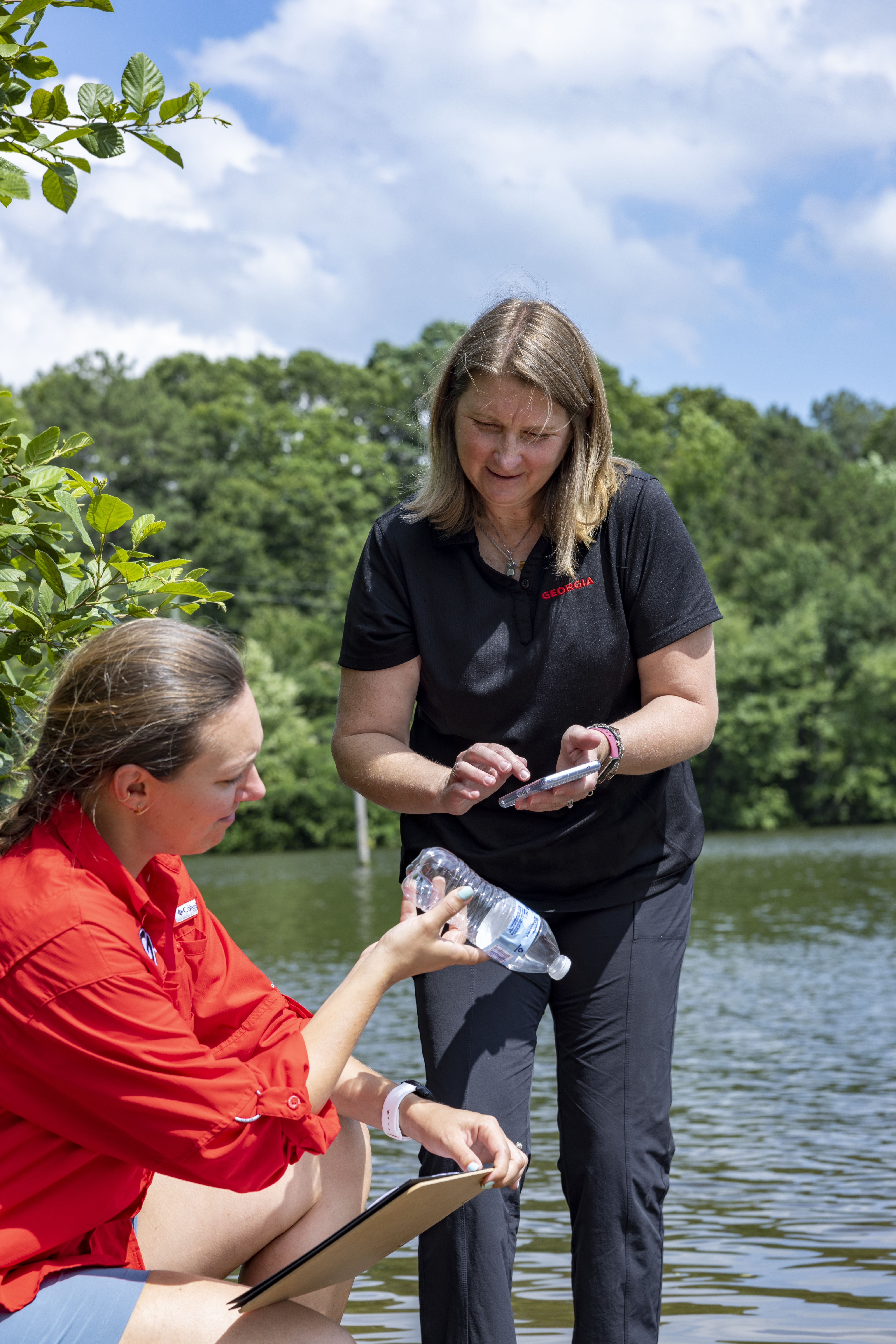
Congratulations, Jenna Jembeck

This content was paid for and created by Southeastern Conference. The editorial staff of The Chronicle had no role in its preparation. Find out more about paid content.


